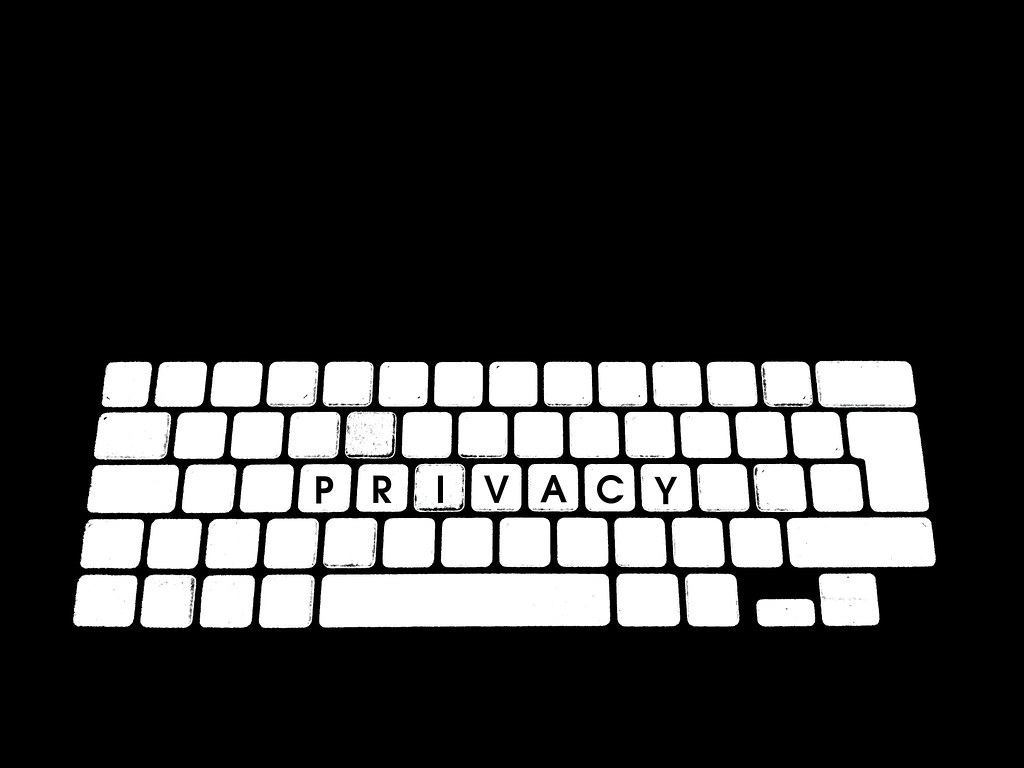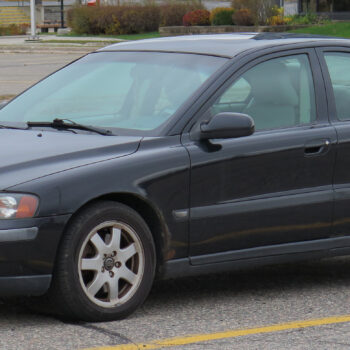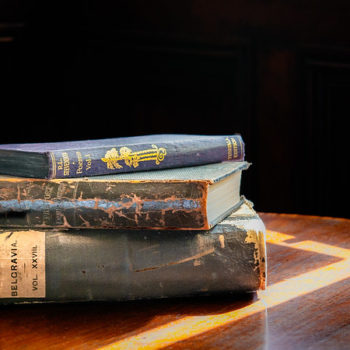Privacy is one of the fundamental rights of all human beings. Child now a days seem to be struggling with just this. Privacy provides a sense of security and control over personal information, and protects individuals from unwanted manipulation. However, when it comes to children, the issue of privacy is often overlooked or ignored. Parents, teachers, and other authority figures may feel justified in invading a child’s privacy in the name of protection, discipline, or education. But should children have the same rights to privacy as adults? The answer is yes.
Children should have the same rights to privacy as adults because they are entitled to their own personal space. A child’s room is their sanctuary, and it should be respected as such. This means that parents should not enter their child’s room without permission or without good reason. Children also have the right to private communication, such as phone calls or emails. Parents should not snoop in their child’s phone or computer without reason or without the child’s consent. Doing so breaches the trust and respect that should exist between parent and child.

Children should have the same rights to privacy as adults because it prepares them for adulthood. Children learn by example, and if they see that their privacy is respected and valued, they will learn to respect and value the privacy of others. Furthermore, children who are allowed to have their own privacy will develop a sense of self-reliance and responsibility.
In conclusion, children should have the same rights to privacy as adults. Protecting a child’s privacy is not only a basic human right, but it is also a way to teach children respect, responsibility, and self-reliance. Parents and other authority figures should recognize this and take steps to ensure that a child’s privacy is respected and valued.”
Featured Image: “Privacy” by g4ll4is is licensed under CC BY-SA 2.0.
Children Image: “Children” by aka Quique is licensed under CC BY-NC-ND 2.0.












